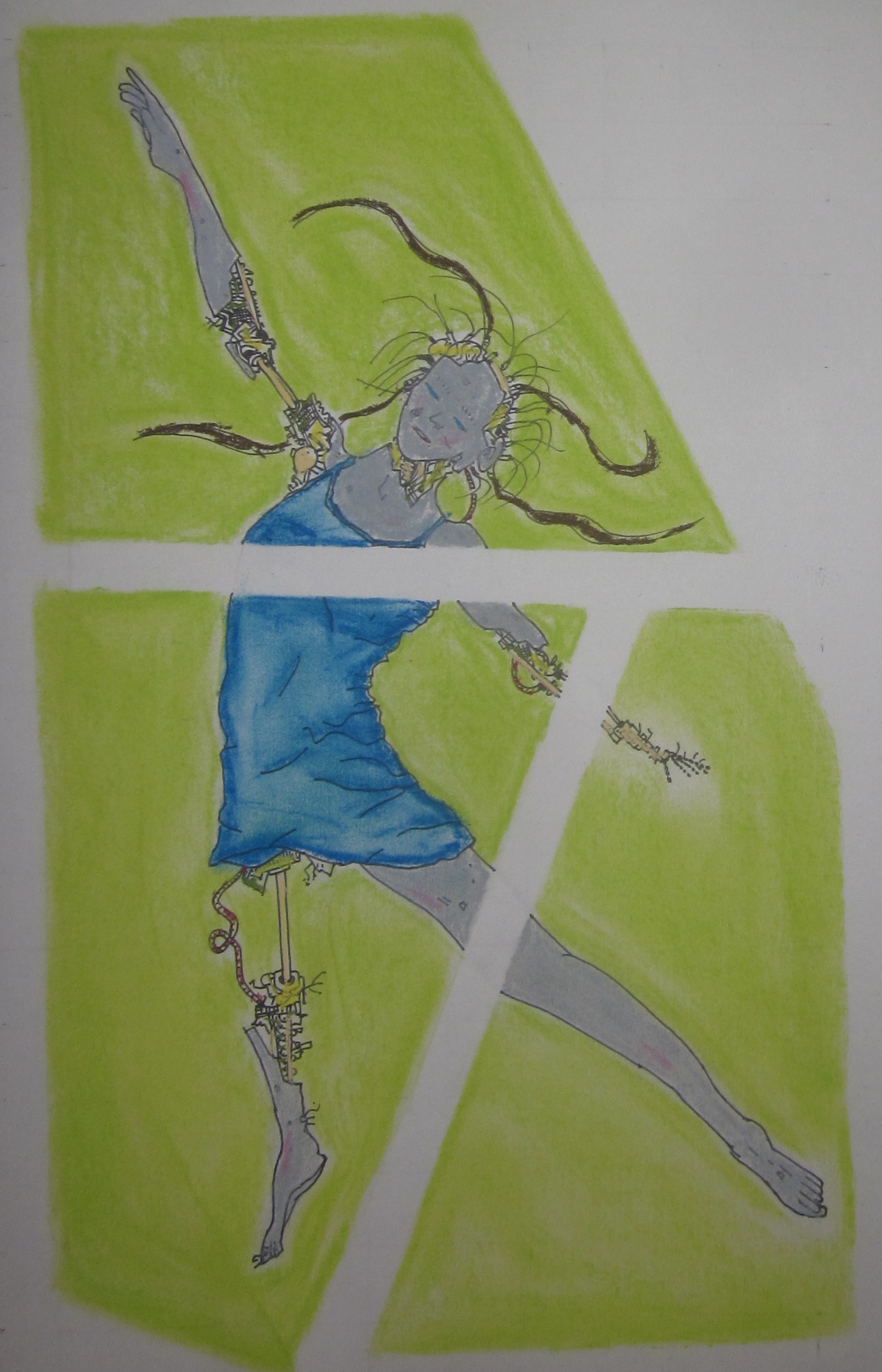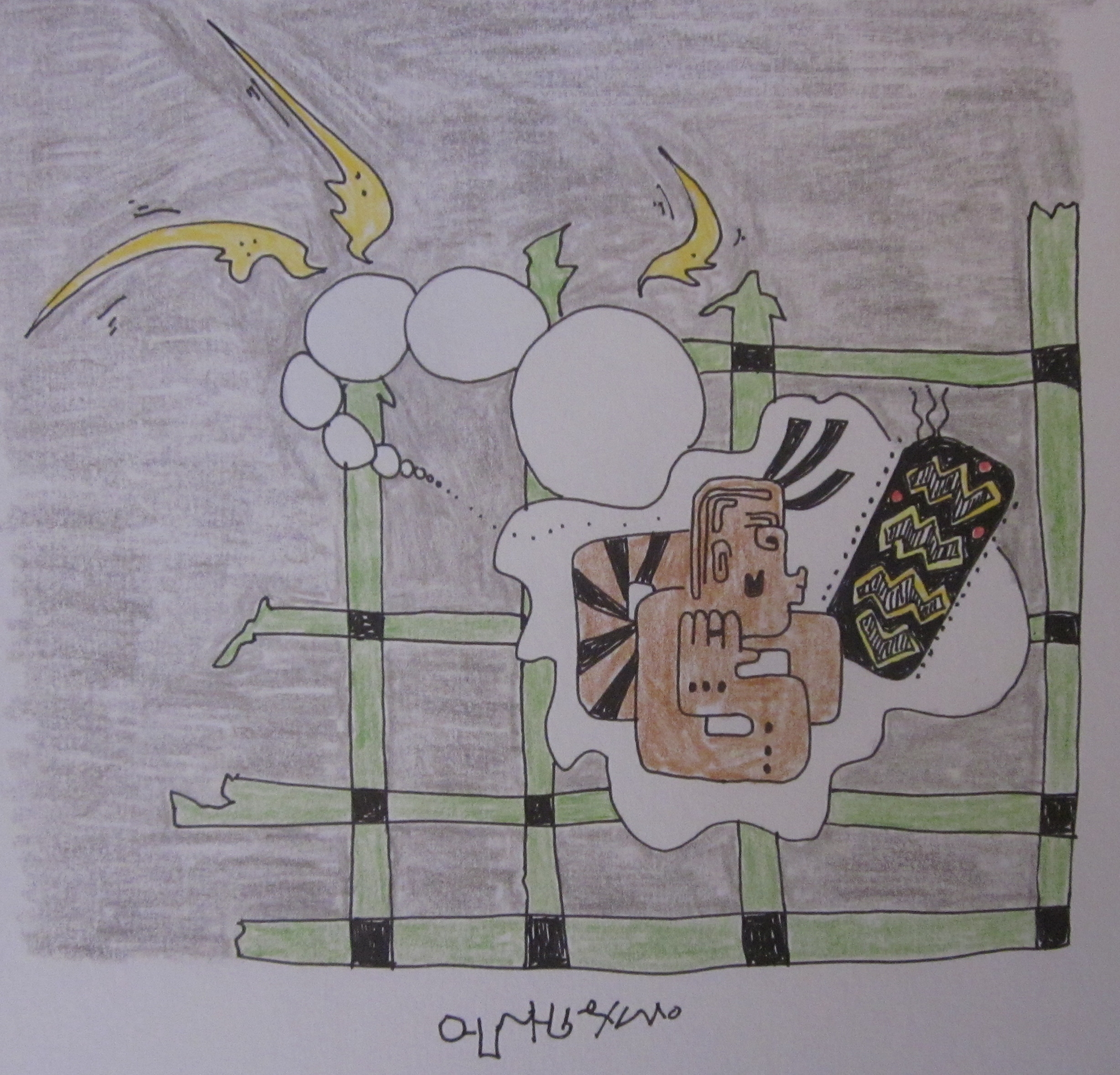I’ve commented on the amazing greatness of this band’s name before.
What I’m listening to right now.
oOoOO, “No Shore.”
In other news… well, I’ll get to it later.
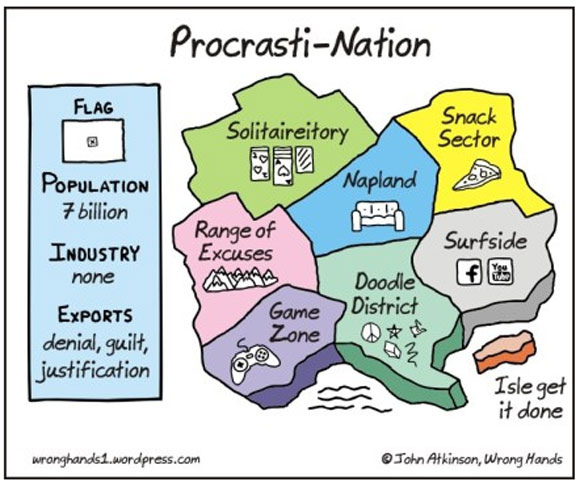
![]()
Caveat: Out Of Grace
My coworker Grace ended her work at KarmaPlus on December 31st. I've known Grace longer than anyone in Korea (she's mentioned in [broken link! FIXME] my blog entry from my 6th day in Korea in 2007). We worked together at Tomorrow School, and then LinguaForum, where we worked for Curt. When I left LinguaForum to work at LBridge (because LBridged acquired my contract from LinguaForum – it wasn't a choice), Grace quit and went with Curt to start Karma. And it was perhaps "karma" that led to her and I being reunited later as I was hired by Curt to work at Karma (which became KarmaPlus by acquiring WoongjinPlus, which was the corporate dregs of LBridge, ironically).
Grace is the best ESL teacher I've ever met. She can be amazingly grumpy in staff-room interaction, and she's a little bit strict with the kids, sometimes, compared to my style. But she is very professional in the classroom and she has great talent for teaching "immersion" style to even low-level students. I will be sorry to see her go.
We had a goodbye lunch (hoesik) for her and another departing coworker at VIPS, a Korean chain of allegedly Western-style "steak and salad" restaurants. I say "allegedly" Western, since the buffet-style "salad" bar is exactly like the food at a Korean wedding reception (or "dol" reception or any number of other events). It's just as mish-mash of self-serve things: salads, soups, bibimbap, noodles, pizza, pasta, hoe (sashimi). Then they take orders for steak, which is kind of like the old US chain Sizzler, maybe. It's not bad. But I always feel embarrassed because I don't get 20 helpings of food like all the Koreans do – there's a social obligation to eat as much food as humanly possible at buffet-style events. I think this may be connected to the fact that only 50 years ago all Koreans had experienced literal starvation.
Grace is going back home to Canada. "Maybe permanently," she hinted. But I don't think so.
Here's picture of the VIPS at Daehwa, across from the Goyang Stadium, where we went.
Caveat: 먼 친척보다 가까운 이웃이 낫다
먼 친척보다 가까운 이웃이 낫다
is-distant-PART relative-THAN is-near-PART neighbor-SUBJ is-better
A nearby neighbor is better than a faraway relative.
I’m not able to think of an equivalent English proverb off the top of my head, but this one is pretty straightforward. I guess all my relatives are pretty faraway.
Caveat: Ken’s Hair
Teacher: "How are you today?"
Student: "Fine!"
Teacher: "Good."
Student: "Very fine!"
Teacher: "Really? Why?"
Student, laughing: "Because of Ken's haircut."
Ken is a co-teacher of mine. Apparently his haircut made my student's day. It got her speaking at above-level English competence and confidence, at the least.
Caveat: Gradually
“Most of us, most of the time, are committing suicide. We just do it slowly, and unenthusiastically. We smoke or drink or pursue other vices, we neglect to look both ways crossing the street, we avoid the doctor despite some persistent minor health problem. We will all die, eventually.” – John Lucian Jones.
Caveat: Half and Half
Caveat: The Enraged Sea
I dreamed I was staying at my uncle's house in Alaska. He wasn't there – which is quite common when I go to visit him. I go to visit him and he says, "oh, nice to see you, I've got to go work, so, enjoy the place." So I was there alone. Except then my mother showed up (my uncle's sister). She was complaining about the cold and rain. And then there was a storm and the sea began to dig away at the "lower shed" which is right at sea level on the Port Saint Nicholas Fiord, where my uncle has built a dock. We watched the waves begin to destroy the shed, and my mother and I got into a discussion about global warming, while several panicked-looking wallabies tried to flee the rising waters. There aren't normally wallabies in Alaska, but I suspect they'd followed my mother there into my dream. My uncle showed up in a helicopter (appropriate) and said "bah humbug" to global warming, even as his shed was being destroyed. This was all very realistic to their personalities. I just felt sad, and decided I needed to go back to Minnesota, but I couldn't find my bag. Perhaps it had been in the destroyed shed?
Here is a picture I took from the door of the "lower shed" at my uncle's in Alaska, taken in October of 2009.
Caveat: Rabbits, Chickens, Fish
My youngest students drew pictures. Here are some cute ones.
Meanwhile, a seventh grader who goes by Paul and/or Pablo surprised me with a surprisingly well-excuted doodle of some fish in the middle of some notes from the grammar class that preceded my debate class.
Paul's combination of genial polymath and utter disorganization remind me a little bit of … me, at that age. I find him both annoying and charming.
Caveat: 말하기는 쉬워도 행동하기는 어렵다
말하기는 쉬워도 행동하기는 어렵다
speak-GER-TOPIC is-easy-TOO act-GER-TOPIC is-hard
Speaking is easy but acting is hard.
“Easier said than done.”
I found some translations of this proverb offering something in the vein of “A word is worth a thousand dollars,” and the spreadsheet-o-proverbs that I made and have been working from for all the proverbs, which is cut-n-pasted from various bilingual compilations found online, offers this elaboration: “If you are nice to the person you borrowed money from, maybe they`ll forget about the debt.” Frankly, this doesn’t make any sense at all.
 I think the proverb just means actions are harder than words, which is almost what it says literally. I’m not sure where the other comes from – perhaps it’s some cut-n-paste error.
I think the proverb just means actions are harder than words, which is almost what it says literally. I’m not sure where the other comes from – perhaps it’s some cut-n-paste error.
On the other hand, I’m not sure I agree with the proverb. If the words are in Korean, and the person speaking them is me, then I think the words are harder than the action. And if the words are in English, and the person speaking them is one of my students, I think the same. Words are only easy if you know the language. Otherwise, actions are easier. Heh.
![]()
Caveat: I, Unfathomable
The blush of the new year is off, and I'm feeling a bit ill-content with life. Having lunch with Curt and Kwon yesterday, things waxed a little bit philosophical as we ate Kimchijiggae, and I realized my Korean friends don't understand me at all. It's unfathomable for so many Koreans, as they try to conceptualize a life (such as mine) dedicated to constant simplification and less money. But I'm utterly sincere in that commitment, despite the way that it leaves me feeling entangled in broken commitments to my own family. Sigh. What am I doing?
Caveat: No cuento nada
“No jodas, Señor Facebook … No cuento nada.” – quoth an aquaintance, responding to the new facebook feature requesting users’ “feelings,” etc.
“Distrust all in whom the impulse to punish is powerful.” – Nietzsche
What I’m listening to right now.
Barry White, “Never Never Gonna Give You Up.”
Caveat: Buckaroo Banzai
The Adventures of Buckaroo Banzai Across the 8th Dimension (commonly just called Buckaroo Banzai) is one of the most totally awesome strange weird crazy sci fi freak movies of all time. I highly recommend watching it at least once a year, whether you really need it or not. Plus it has a really hooky and memorable theme song.
What I’m listening to right now.
 “End Title Credits Music to Buckaroo Banzai.”
“End Title Credits Music to Buckaroo Banzai.”
And these days, who can think about Buckaroo Banzai and not think about Genki Sudo, and listen to some song of his a few times around?
Caveat: 뚝배기보다 장 맛이 좋다

뚝배기보다 장 맛이 좋다
clay-pot-THAN sauce taste-SUBJ good
The sauce tastes better than the clay pot [that it’s in].
Everywhere I looked, on the internet, the equivalent proverb given for this one is “Don’t judge a book by its cover.” But I’m not sure I see how this works. If I had to guess the meaning, rather than trust the internet, I’d be more inclined to read it as something like, “there are rewards to looking more deeply into something.” That’s obviously related to the “Don’t judge a book by its cover” aphorism, but it’s not exactly the same. “Don’t judge a book by its cover” really seems to be about not jumping to conclusions, while this is more about knowing there is something better inside. Perhaps the distinction I’m trying for is too subtle? Maybe I don’t really understand the English aphorism, either?
![]()
Caveat: Democracy Demo
This is such a phenomenally awesome video that I had to post it immediately having found it.
데모그라시:데모, from studio shelter.
It’s a little bit “late” – the South Korean elections have passed. It’s intended to be a sort of “get out the vote” thing, I think, showing how relevant and important the elections were.
I laughed a lot at the bit where ghost of Park Chung-hee (the game lists his character as Takaki Masao, his Japanese name, which is symbolically very significant) throws the baby off the tank and the baby becomes Park Geun-hye (the new president-elect, now).
Caveat: Drawing The World-Tree
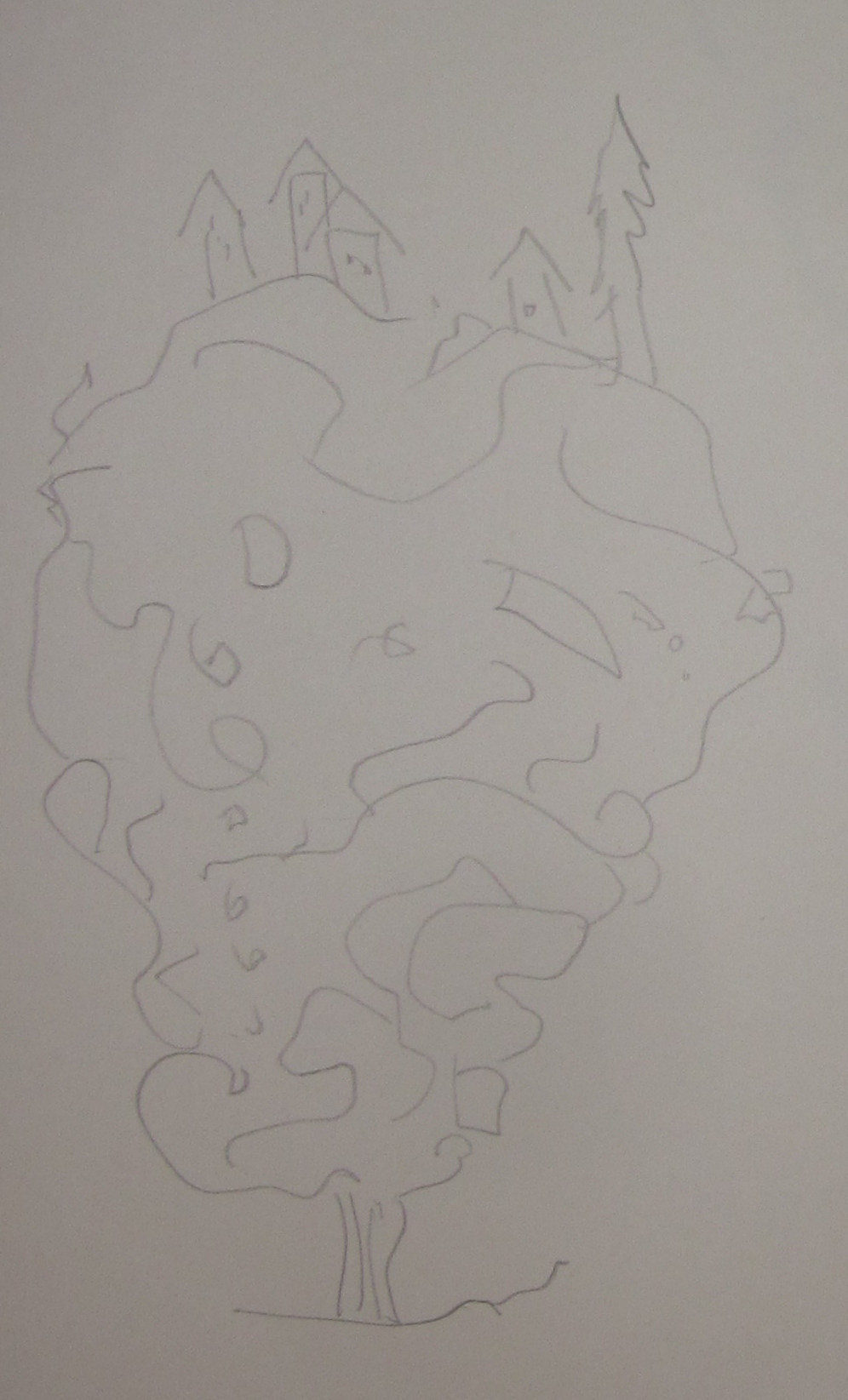 Last night (or this morning) I had a strange dream.
Last night (or this morning) I had a strange dream.
It was a dream where I was drawing pictures – which makes some sense, as I’ve been doing a lot of drawing, lately. I so vividly remember this dream that I made an effort to reproduce, after waking up, one of the pictures I was drawing inside the dream. Of course, pictures and images that seem profound or amazing inside a dream rarely seem that way on the outside, and my artistic talent seemed higher inside the dream, too. But at right is a sketch of the image I was drawing – a sort of “world tree” where there were many things in a large, top-heavy tree, including houses and smaller trees growing out of the top of it.
The dream got weird (don’t dreams always get weird?). A child came into the room. Well, maybe a young adolescent, about 12 years old. He wasn’t Korean (that’s odd, remember, because all my students are Koreans). I looked at him carefully, and my heart jumped – this child was me. Me, at age 12. Me said, “You’re late for class.” His tone was judgmental.
I rushed, following the me doppelganger down the halls of KarmaPlus to the appropriate class room. It was my beloved advanced debate students, mostly 13 or 14 or 15 (in Western counting). And the me doppelganger sat down among them, apparently a welcome member of the class. One of the Korean students said to me (the teacher, not the doppelganger), “Oh, we’ve missed you so much.”
“Was I gone a long time?” I asked. There was an odd, long silence.
The me doppelganger nodded, sagely.
Ellen (who has graduated from middle school and is no longer, in fact, a student in the debate class) stood up and made a little speech, in a mix of Korean and German (huh, German? where’d that come from?), on behalf of the other students. I understood most of it, much to my own surprise – of course, it was dream-Korean and dream-German, so that really means nothing. Then she sat back down and held out a small, neatly wrapped present. The me doppelganger jumped up and grabbed the gift, and ran from the room, laughing.
I looked down at my notes for the class, feeling crestfallen… robbed. My notes were nothing but the world-tree picture I’d been drawing earlier.
That’s the dream. I awoke to a square of very deeply blue morning sky outside my window, which was rimmed by hard rime on the inside.
Caveat: Cold, Colder, Coldest
Try walking home for 30 minutes in the -15 C (5 F) cold, and then finding and reading a well-written, deeply moving article found online about freezing to death. You will shiver at the thought of your own mortality, and huddle close to your little portable heater.
What I’m listening to right now.
Depeche Mode, “Insight.” Listening to it over and over, obsessively, I might add – what’s with me and my periodic Depeche Mode revivals?
Caveat: On Paywalls and Washing Machines
So one of the blog websites I most frequently visit, Andrew Sullivan’s Dish, is apparently implementing some kind of “leaky paywall” and is hoping readers will pay for content. As I’ve stated before, I’m not opposed to paying for content, but most implementations of pay-for-content tend to piss me off, not because they’re requesting money but because they do so in a pestering or technically inefficient way that requires things like memorizing new passwords and logging on every time I go to the website from a new computer (and my computer is always “new,” because I abhor cookies on my browsers), not to mention the dumb-ass implementations of IP-address-based paywall and metering schemes that more often than not get broken by the very existence of such bizarre internet arcana as an oh-my-god-it’s-South-Korean (!) IP address – such as mine. It is for reasons such as this that I not only ceased to be a regular reader of all the major US newpaper websites (first WaPo, then NYT, and most recently LA Times all broke my access and thus my heart), but in fact essentially boycott them, normally quickly clicking away from even “free content” on their allegedly leaky-paywalled websites when I should happen to naively land on such.
I pay a monthly “membership” for NPR – which is most definitely pay-for-content – but their website and streaming services are technically easy to access and still de facto free, and the feeling I get as a “voluntary” payer-for-content feels more in line with the open-source spirit behind my particular conception of how the web should be. Another example of a “volunteer” website model is the “donate” button some blogs put up: The League of Ordinary Gentlemen and Brain Pickings are examples of this, where I’ve come very close to donating and may do so in the future.
 I will be conflicted if I pay for Sullivan’s blog. On the one hand, I do, in fact, derive value from it – even though I don’t always agree with him. I wouldn’t begrudge paying for the content in principle, even given my voluntary “life-of-poverty.” I think many readers on his site are accurate when they say that they read him regularly because he seems to understand the idea of “intelligent debate” about real political issues more than most current media personalities. I tend to attribute it, at least in part, to to that good old Oxbridgian education I reckon lies at his roots – and it’s the same classical rhetorical tradition that I attempt to imbue when I teach debate to my middle-school students.
I will be conflicted if I pay for Sullivan’s blog. On the one hand, I do, in fact, derive value from it – even though I don’t always agree with him. I wouldn’t begrudge paying for the content in principle, even given my voluntary “life-of-poverty.” I think many readers on his site are accurate when they say that they read him regularly because he seems to understand the idea of “intelligent debate” about real political issues more than most current media personalities. I tend to attribute it, at least in part, to to that good old Oxbridgian education I reckon lies at his roots – and it’s the same classical rhetorical tradition that I attempt to imbue when I teach debate to my middle-school students.
I suspect my most likely response will be a) pay for the content, initially, because I value Sullivan’s voice, but then b) gradually decline in visits and time spent on the site, because of annoyances with the technical aspect of having to be a paying member where usernames and passwords must constantly be resubmitted (again, because my computers don’t do cookies because I’m a bit of a security freak), and finally c) ceasing to pay for the membership because I’ve stopped visiting the website.
I’m going to try emailing a link to this blog post to the Sully-blog team, in hopes of my voice allowing them to consider some of the issues raised – though in the past my efforts to communicate with the Sully-blog have been at best a mixed bag, unlike the usually rave reviews for reader-communication and dialogue as reported on his site.
And with all that said, I’ll change the subject completely. This kid plays a mean washing machine.
This embedded video is, appropriately, courtesy Sullivan’s Dish. Just remember – music (and art) is where you find it.
Caveat: Beginning The New Term
Today was the first day of the new term at KarmaPlus English Academy. It’s winter term, which means that the kids are on “vacation” from public school – the consequence is that enrollments at hagwon often go up, and additional classes are offered. Also, there’s been a lot of turn-over in staff. Because of these things, I have hugely increased teaching load. I’m going to be very busy for the next few months.
I’m not really minding it. Today’s classes went well. I have some younger students, now – first and second graders. I really enjoy teaching kids this age. The overall balance of my class load is more toward middle-schoolers, though. And I’ve come to find things I like about teaching the older kids, too. I guess I’m feeling comfortable with teaching, lately. And I noticed something remarkable, today: my schedule has a lot of debate classes on it. That’s cool, because I remember when I started the debate classes, at Karma. It was viewed as a risky proposition, and not necessarily destined for success. The fact that I have a lot of them means that it’s apparently popular, at least with someone.
So I had some first classes. I had fun introducing Steve The Blue Plastic Alligator to various kids. One girl asked, as her very first question, very tentatively and wide-eyed: “Teacher! Do you like alligator?”
It was busy. Tomorrow will be busier.
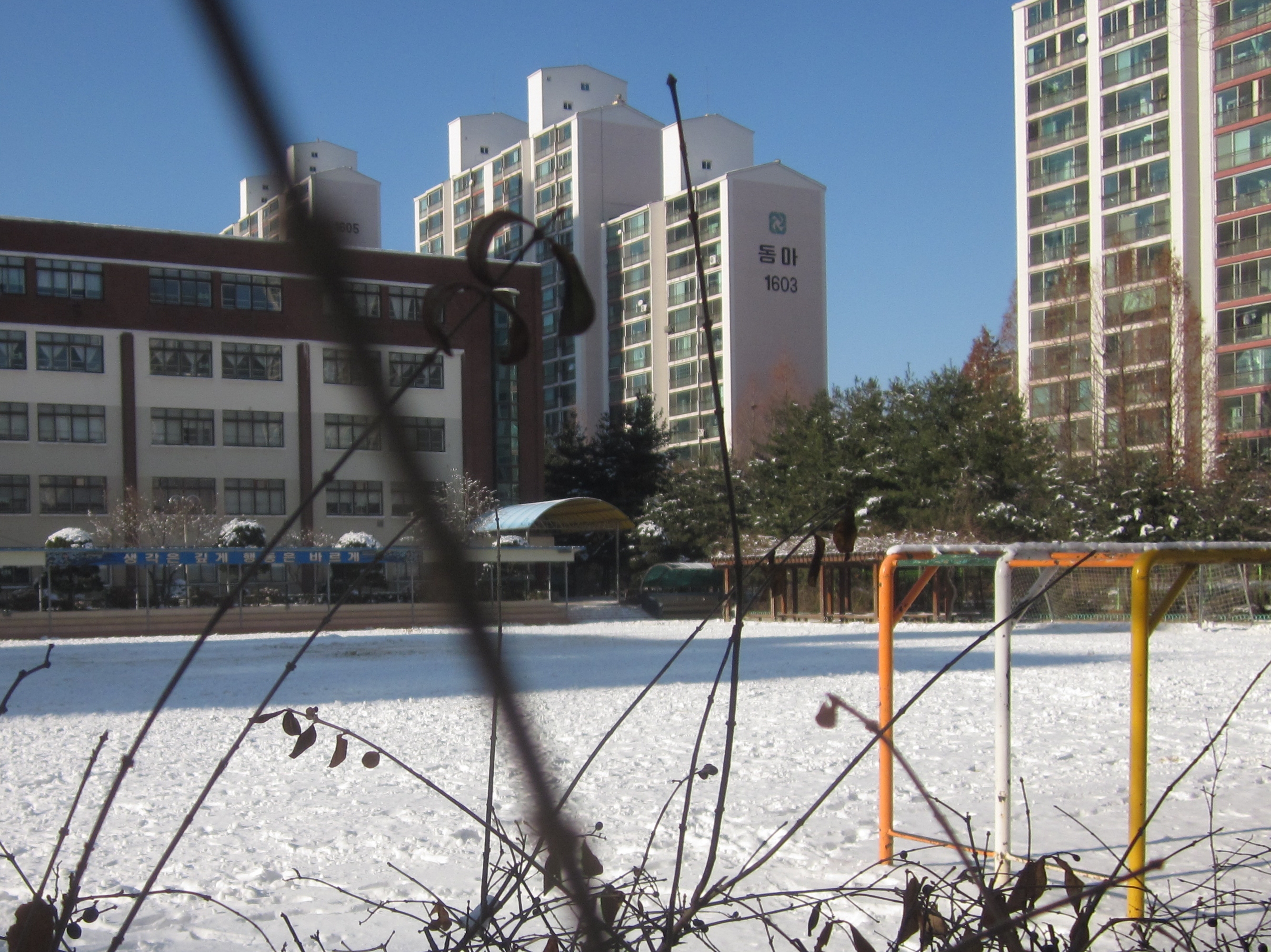 It was cold, today – a reminder of why I like to call this place I live “Lower-Far Siberia.” I think it will get below zero Fahrenheit tonight – something like -18 or -19 Celsius. I like how the air feels brittle when it’s so cold. Walking home felt like those late nights coming home from studying at the U of Minnesota on winter nights. There’s a lot of snow on the ground, too, by Seoul standards. It’s all thick and solid and crunchy.
It was cold, today – a reminder of why I like to call this place I live “Lower-Far Siberia.” I think it will get below zero Fahrenheit tonight – something like -18 or -19 Celsius. I like how the air feels brittle when it’s so cold. Walking home felt like those late nights coming home from studying at the U of Minnesota on winter nights. There’s a lot of snow on the ground, too, by Seoul standards. It’s all thick and solid and crunchy.
At right is a picture of Munhwa Elementary – though I’ve never been inside, I think of it as my “home school” in Korea (public school, I mean), since I’ve walked past it on my way to work for all of my Ilsan jobs. There’s lots of snow on the playground.
Caveat: 콩심은 데 콩 나지 팥이 날까
콩 심은 데 콩 나지 팥이 날까
black-bean sow-CIRCUM black-bean sprout-REV red-bean-SUBJ sprout-INFER
If black beans are sown and sprouted, [I] wonder if red beans will sprout?
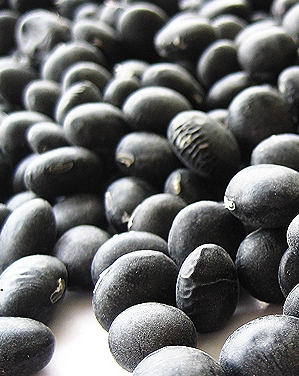
 “You reap what you sow.” This is very important for teachers to remember. Each day we are sowing ideas and behaviors among the students – and they will learn as much by what we do and how we do it as they will by the sometimes empty content of our words – doubly empty when it’s a language they don’t well understand.
“You reap what you sow.” This is very important for teachers to remember. Each day we are sowing ideas and behaviors among the students – and they will learn as much by what we do and how we do it as they will by the sometimes empty content of our words – doubly empty when it’s a language they don’t well understand.
![]()
Caveat: Coming Apart
I spent some of the day doing various things. I made a rather more ambitious drawing than usual – I spent several hours on it rather than just my five or ten minutes. It’s called “Coming Apart” – I used an ink pen and pastels.
What I’m listening to right now.
Crystal Ark, “Paradise.”
Caveat: An Abbottabadian Ponders If Mayans Trolled The World
The new year is a good moment to reflect a little bit on what this blog is, or has become, or may be in the future. I have not changed what it’s primarily for: my intention is not journalism – journalism doesn’t interest me. Yet this is, in fact, a journal – in the narrower sense – of my life, for whoever happens to want to look. My readers include some close friends, and, more sparsely, relatives and even students or coworkers, past or present.
But strangers read this blog too. I use an online tool called feedjit to sometimes “watch” who’s reading my blog. Many people land on my blog for many different reasons. People seem to stumble on it a lot while looking for the words “karma” and “bitch” in the same sentence – this is a coincidence of a one time post about a certain joke, and the name of my place of work.
More seriously, people like to read about “phenomimes and psychomimes.” Go head, google it – I’ll wait.
 By far the strangest query on google that landed someone on my blog, however, has got to be one I saw just yesterday. Here is the query as reported on feedjit:
By far the strangest query on google that landed someone on my blog, however, has got to be one I saw just yesterday. Here is the query as reported on feedjit:
Abbottabad, North-West Frontier arrived from google.com on “CAVEAT DVMPTRVCK” by searching for mayans troll the world.
What are they doing in Abbottabad, in Pakistan, such that they need this information? Did my blog help answer their question? I doubt it. If Osama wasn’t supposedly already murdered by Obama, I’d wonder if the sociopath wasn’t perhaps a little bit worried about the end of the world, sitting stooped over some computer in his stealthily-placed compound (uh, that’s a sort of joke, in very bad taste).
Well, blog-readers: Happy New Year. We went out last night, some coworkers and I. I enjoy their company, but as usual, it’s a little bit stressful – socializing in Korea is more stressful than work, mostly because of the linguistic issues and my insecurities surrounding those.
I have a cup of my Brazilian coffee, and big fat fluffy flakes of snow are falling from a slate gray sky on New Year’s morning. The world isn’t so bad.
Caveat: Grammar!
I have a little game that I invented, that I use sometimes in class when the kids are behaving well and I've run out of curriculum. It doesn't have a name, but I call it the "grammar game" just to be able to refer to it. I don't necessarily view grammar as being that central or focal for good English instruction, but I nevertheless am intrigued at how bad Korean students do at it despite English grammar being considered so focal to how Koreans are instructed in EFL.
The game is very simple. A bunch of cards with mostly random English words on them: "car" "dog" "sleeps" "sleep" "the" etc. Make a sentence in the right order using the right card, so you get "the dog sleeps" but they love to think "dog sleep" is just as acceptable. There are clear rules of grammar that say that's not the case, but they are difficult rules for Korean learners because Korean has no "the" and no verb endings to indicate subject number i.e. "-s" on "sleeps."
The game is much more "educational" than hangman, which seems to be an old standby of ill-prepared EFL teachers in Korea, such that no student has NOT heard of hangman. So I use it. And sometimes, the kids even like it. But it was nevertheless disconcerting when, running out of something to do in class today, the kids started chanting "grammar! grammar!" I mean really? Grammar? It was the game, of course. Or… the alligator bucks awarded to the eventual champion.
In other kid news, I was chatting with a 5th grade student who goes by Robin. I asked her, "Are you going over to the Tuesday class?" This fact had been in some doubt, whether she would stay in the Monday-Wednesday-Friday cohort, where she didn't fit in very well because of her strong ability, or switch to the Tuesday-Thursday cohort, where she fit in better. So I was just checking.
"Yes," she assented.
I was pleased. "That's good. That will be a great class," I added. "All the kids in there are very smart." I was paying her a sideways compliment, because she's a very smart student, indeed.
She was so smart, she recognized this compliment, and smiled. "Thank you," she said, not at all shyly.
There was another student in the classroom at that moment – a Monday cohort kid. He grinned at the two of us and our conversation, somewhat oafishly. He's not exactly the brightest bulb. He'd had no idea what we'd just been talking about. "Whaaat?" he said. It was as if he was demonstrating the implied point about the current, Monday cohort class being not-so-smart.
Robin and I exchanged a knowing glance, and we both burst out laughing. Good for her, I thought. She's going to move on to a better class.
Caveat: Batalla con lagarto
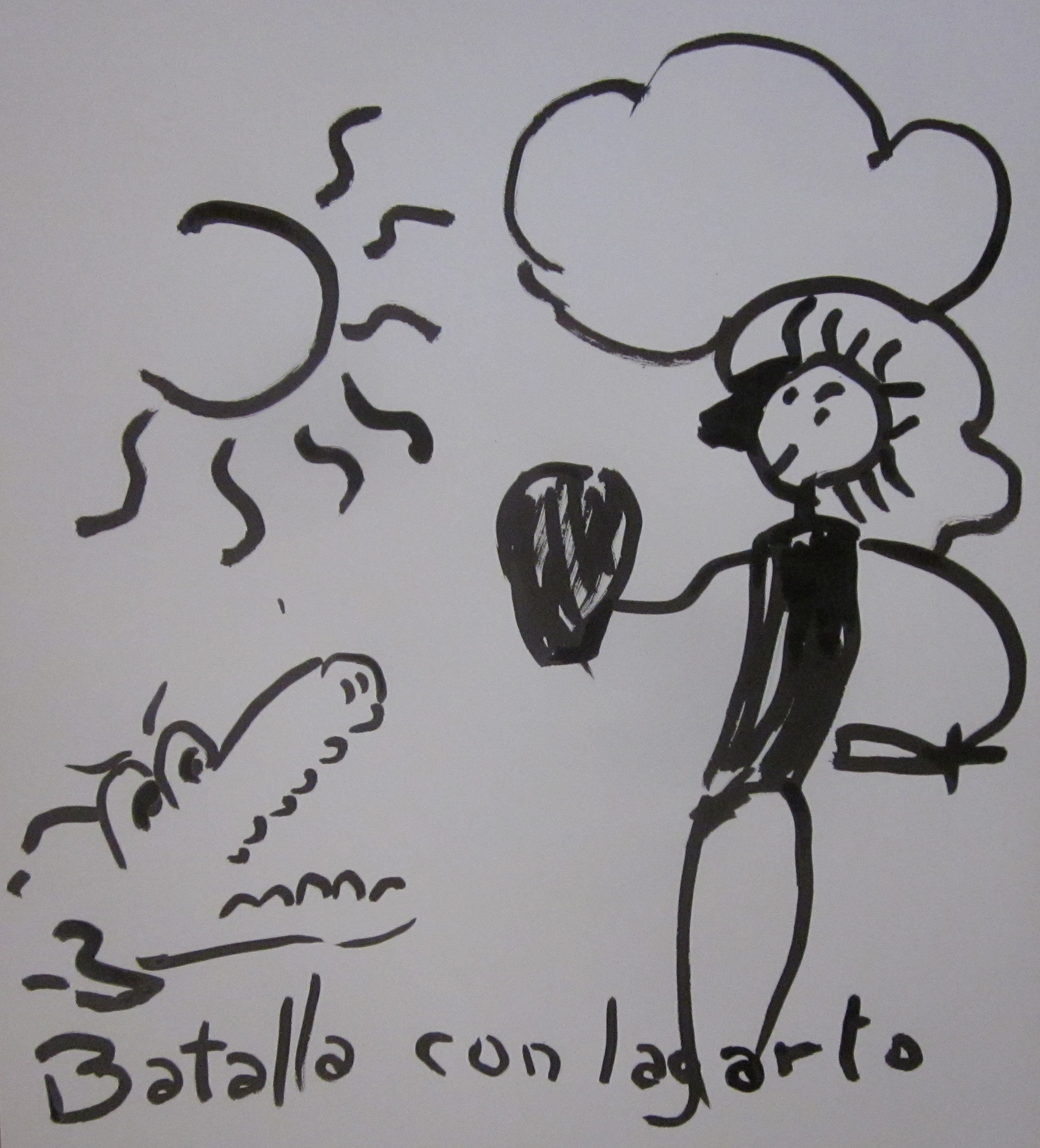 El dibujo de semana. La temática del lagarto sigue obsesionandome como siempre. Pero al fin y al cabo es una obsesión sumamente intencionada, así no tan obsesionante.
El dibujo de semana. La temática del lagarto sigue obsesionandome como siempre. Pero al fin y al cabo es una obsesión sumamente intencionada, así no tan obsesionante.
Caveat: 2012
This was a very stable year, as years go. I stayed in the same job, all year, with only one slight shake up in management due to a merger. I taught a lot of middle school debate, and the debate program was successful. I was less content on a personal aspect, because I felt unhealthy for most of the year, and out of touch with my goals. I began to feel despair of ever learning the Korean Language. I experienced conflict with members of my family.
[This entry is part of a timeline I am making using this blog. I am writing a single entry for each year of my life, which when viewed together in order will provide a sort of timeline. This entry wasn’t written in 2012 – it was written in the future.]
![]()
Caveat: Gnossiennes
I have an uncomfortable relationship with "classical" music. I almost never listen to it, despite having grown up on it, and despite having close friends and relatives who are classical musicians of various sorts. Most the time, if I listen to classical music, it's for only two reasons: 1) I'm with a friend or relative who's taking me along to something, or 2) I'm seeking some nostalgia for some point in my life, e.g. I sometimes return to Rachmaninoff or Bach bits that are deeply familiar to me.
Yet when I listen to classical music, I enjoy it. So why don't I seek it out? I speculated once to a friend that it was too "intellectually challenging" – that is, I'm unable to appreciate it as "background music" the way I listen to most music (and as my blog category attests: Background Noise).
Today, though, I actually discovered and enjoyed a new classical composer I'd literally never heard of before – at least that I can remember. Erik Satie was an active French composer at the turn of the last century (19th to 20th), associated with the avant garde and sometimes seen as a precursor to Debussy (whom I rather like, too). I even ran across an anecdote that I thought amusing: There was a Debussy concert once, and Satie was in the audience. After the performance, someone walked up to Satie and said, "Did Debussy steal that from you?" – to which Satie answered: "That is Satie, but Debussy does it better."
Satie liked to not just compose music, but tried to invent whole new genres and idioms. His music is still popularly used sometimes in movie soundtracks, too. One "genre" he coined was what he called a "gnossienne" – that's an utterly invented word, but ties to his dabblings in gnostic philosophy. I'm always appreciative of made-up words, and I like these little pieces very much.
What I'm listening to right now.
Erik Satie (composer), "Gnossienes 1-3." [update 2015-06-17: video link replaced as previous was broken]
Some of his works were much more unusual. He composed something he called "Vexations," which consisted of a snippet intended to be played slowly, and repeated 840 times. Here is someone performing the full 9 hours and 41 minutes. This is a hint as to why John Cage thought so highly of Satie.
Caveat: Nurungji Halo
I’ve taken to eating Nurungji [누룽지] (Korean burnt-rice porridge, sorta) for breakfast. They sell instant burnt-rice. It’s kind of funny if you think about it – the things that become comfort foods in different cultures. Nurungji is the crust at the bottom of the rice pot. If you add boiling water and scrape around at it, you get a sort of weird porridge. Then they make that into an “instant, just-add-water” product.
I’ve blogged about it before. I’m getting repetitive – perhaps that’s inevitable.
What I’m listening to right now.
Depeche Mode, “Halo.” I remember listening to this song on my Walkman (yes, with a cassette), sitting in the woods on the hill at Camp Edwards (금촌), trying to avoid barracks clean-up detail, in 1991.
Caveat: 두 손뼉이 맞아야 소리가 난다
 두 손뼉이맞아야 소리가 난다
두 손뼉이맞아야 소리가 난다
two palm-SUBJ meet-IN-ORDER-THAT sound-SUBJ is-produced-PRES
Two palms must meet in order for sound to be produced.
“It takes two to tango.” This proverb is kind of an inversion of the famous Zen koan about the sound of one hand clapping. It answers, and says: c’mon, get real.
![]()
Caveat: Visitation-In-Dreaming
I was dreaming that I was writing in my blog. That’s kind of a stupid dream, isn’t it?
But in this dream where I was writing in my blog, Michelle’s ghost was leaning over my left shoulder. I could feel her touching my neck. Her ghost never talks to me, much. Just that she’s hanging around, sometimes. I knew years ago that her ghost had followed me to Korea. Or maybe ghosts have a way of getting around.
When I woke up, it was snowing. I took this picture walking to work this morning.
Work is the building dead-center, across the street.
Caveat: Numb
Wow… work’s been busy these days. It’s about to get worse, too.
What I’m listening to right now.
Linkin Park, “Numb.”
Caveat: Never To Be Learned…
Yesterday I received a text message from my boss. It wasn’t just to me – it was a “broadcast” update on the topic of whether or not we would be getting the Monday (Dec. 31) between Sunday (Dec. 30) and New Year’s Day (Jan. 1) off as a holiday. I already knew that we wouldn’t be – that kind of bonus “intercalary” holiday is more rare in Korea than a chicken with teeth. We didn’t get the Monday before Christmas off either.
But that’s not what I’m complaining about. I’m complaining about the text message itself. It was in Korean, of course. And after studying it for more than hour, I have no idea what it says. I could figure out that the topic was about the holiday, but, except for the fact that I already knew the decision was that we would have had to work on Monday, I never could have guessed that meaning from the text. I can’t identify the keywords that would allow me to glom onto even the core meaning.
I am fond of trying to read and understand “found Korean” – as opposed to Korean from Korean Language textbooks, I guess. “Found Korean” means things in the real world that I might conceivably actually want to understand, such as text messages from my boss. But this type of “real” Korean presents huge challenges. The language has a lot of abbreviation – just as text-message-English does – elided words or syllables or strange spellings. Furthermore, Koreans seem to view punctuation of any kind as utterly devoid of meaning – it’s just a convention, like how Westerners view paragraph divisions, perhaps. So note the message’s utter lack of punctuation. The first thing I had to do, to even begin to understand it, was figure out where the sentences started and stopped.
Here is the text.
전 직원 공지사항 31일 휴원여부에 대해 많은 고민을 했지만 수업을 함이 옳다라고 결론내립니다 계속된행사여파로 피로가 누적되었을거 잘 압니다 저부터도 너무힘드니까요 연속3일을 못쉰다는 아쉬움이 아니라 하루만 일하면 다시 다음날 쉴 수 있구나라는 긍정의생각으로 임해주실것을 당부드립니다 수없이 많은 번민후의 결정인만큼 충분히이해해 주시고 기꺼운마음으로 받아주시기를 다시한번 부탁드립니다 애써 고생해 뿌린씨 막바지 조금만 더 힘 쓰면 풍성한 수확을 거둘수 있을겁니다 조금만 더 힘내주십시오 거의 다 와갑니다 그리고 새해에는 우리 모두 풍요로운 해가 될수 있을거라 믿습니다 언제나 자발적으로 일해주시는 여러분이 계셔 덜힘듭니다 올 한해 많은고생 함께 하신 전직원께 다시한번 깊이감사드리며 새해 더욱 건강하고 좋는일만 넘쳐나길 간절히 간절히 기원합니다 카르마플러스어학원장 올림
Eventually, I gave up trying to understand it. I simply can’t – it’s too far beyond my current level of competence in the language. And that, in turn, left me feeling extraordinarily depressed and gloomy. What? Five years in the country and I still can’t decipher a text message about a familiar topic? What a freakin’ loser I am…
Caveat: Drego Lone
 This is very cool: a lego drone.
This is very cool: a lego drone.
But it also scares me – because this means anyone can build a drone. And we all know what drones are for…
Caveat: 가야금 산조
Sometimes I go off finding unusual or interesting things. I was surfing around some Korean traditional music. Here’s one I found of the style called 산조 [sanjo]. It’s a kind of improvisational folk style that seems to have emerged in the 19th century, based on what little reading I did about it.
What I’m listening to right now.
황병기류 가야금 산조.


